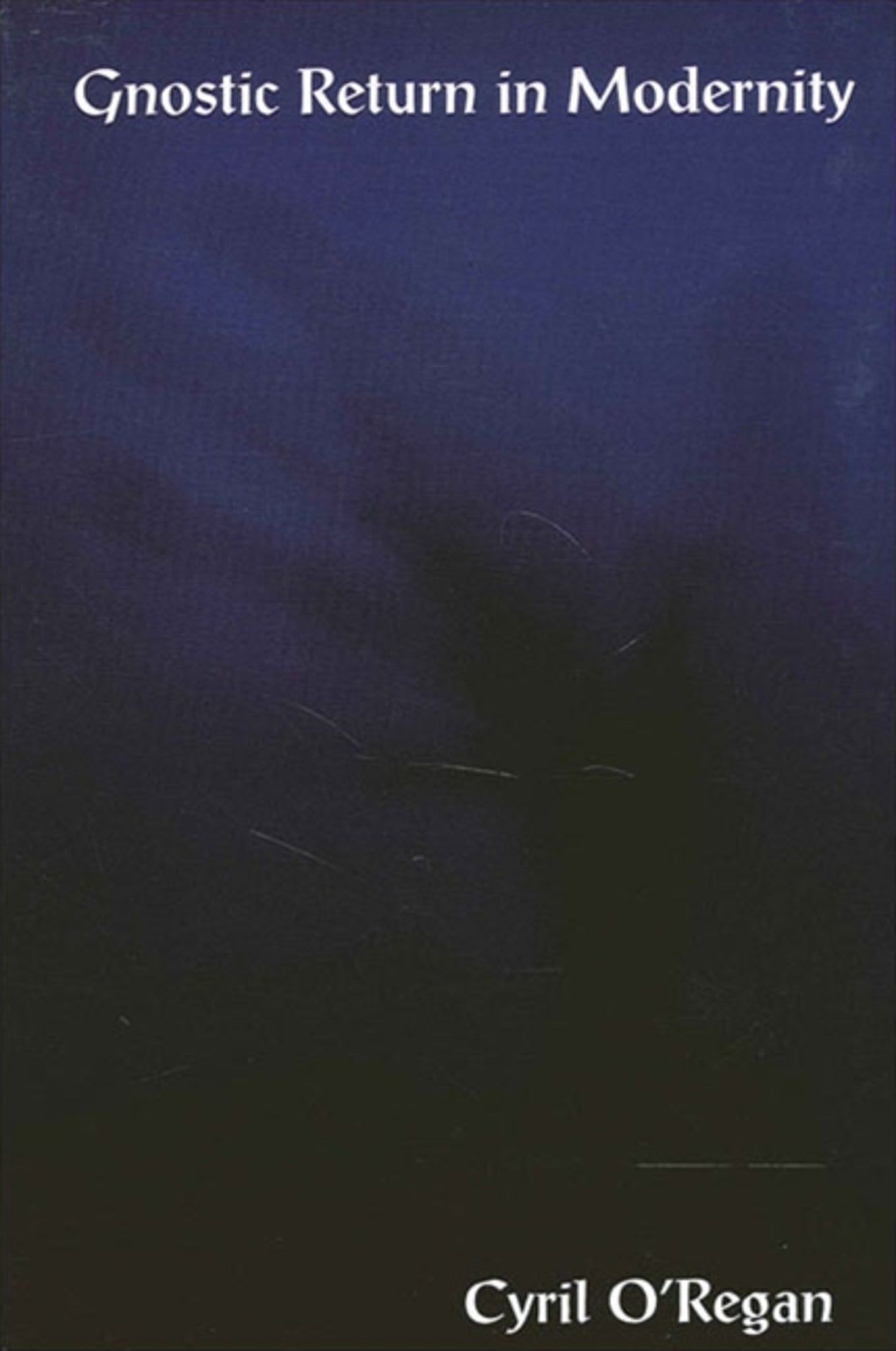We're sorry. An error has occurred
Please cancel or retry.
Gnostic Return in Modernity

Some error occured while loading the Quick View. Please close the Quick View and try reloading the page.
Couldn't load pickup availability
- Format:
-
19 July 2001

Looks at the influence of Gnosticism in modern intellectual history, philosophy, and theology.
Gnostic Return in Modernity demonstrates the possibility that Gnosticism haunts certain modern discourses. Studying Gnosticism of the first centuries of the common era and utilizing narrative analysis, the author shows how Gnosticism returns in a select band of narrative discourses that extends from the seventeenth century German mystic Jacob Boehme through Hegel and Blake down into the contemporary period. The key concept is that of narrative grammar. Unlike the hypothesis of an invariant narrative, a Gnostic narrative grammar allows room for the differences between modern and ancient forms of Gnosticism, and respects the dignity of both periods.


"…densely thought and richly engaged with an unusually wide range of scholarly material … an ambitious, rich, and important book." — The Journal of Religion
"This volume is an auspicious beginning to one of the most ambitious projects in contemporary scholarship. It is nothing less than mapping the Gnostic and, of necessity, esoteric genealogy of the intellectual giants of the modern world. Many have given us portions of this grand narrative; O'Regan promises to provide us with as complete an account as scholarship currently makes possible." — David Walsh, author of Guarded by Mystery: Meaning in a Postmodern Age
"Gnostic Return in Modernity offers a strong, provocative thesis, set forth at a high level of intellectual brilliance." — Peter C. Hodgson, Vanderbilt Universi
"An extraordinarily important work that should have an enormous impact." — Thomas J. J. Altizer, author of Genesis and Apocalypse: A Theological Voyage Toward Authentic Christianity
Acknowledgments
Introduction
Part I. Baurian Model of Gnostic Return and Its Challenges
Chapter 1. Redeeming and Reconstructing Baur's Model of Gnostic Return
Summary
Chapter 2. Baurian Gnostic Genealogical Model and Its Contestation
2.1. Historicist Challenge: Hans Blumenberg and Epochal Shift
2.2. Agon between Gnostic Baurian and Non-Gnostic Genealogies
Summary
Part II. Toward Valentinian Narrative Grammar
Chapter 3. Classical Valentinian Narratives: Variety and Unity
3.1. Ptolemy's Valentinian Gnostic System
3.2. The Gospel of Truth3.3 The Tripartite Tractate
Summary
Chapter 4. Valentinian Narrative Grammar: Irenaean Gestures and the Phenomenon of Valentinian Enlisting
4.1. The Contributions of Irenaeus: Developing the Grammatical Hints
4.2. Valentinianism's Relation to Other Narrative Discourses
Chapter 5. Genealogical Capability of Valentinian Narrative Grammar
5.1. Justifying the Protestant Identification of the Baurian Line
5.2. Baurian Line and Rule-Governed Deformation of Classical Valentinian Genres
5.3. Valentinian Enlisting of Non-Valentinian Narrative Discourses
Summary
Conclusion
Notes
Index



